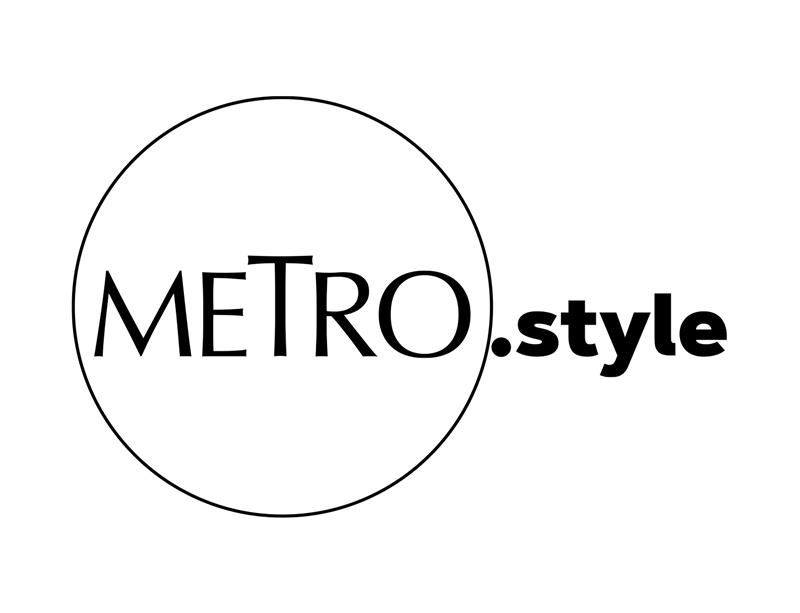This Café and Produce Gallery Was Designed To Bring The Farm Experience To The City
This Café and Produce Gallery Was Designed To Bring The Farm Experience To The City
Jar Concengco
Published Jun 20, 2022 02:32 PM PHT
|
Updated Jun 20, 2022 03:33 PM PHT
ADVERTISEMENT
ADVERTISEMENT


